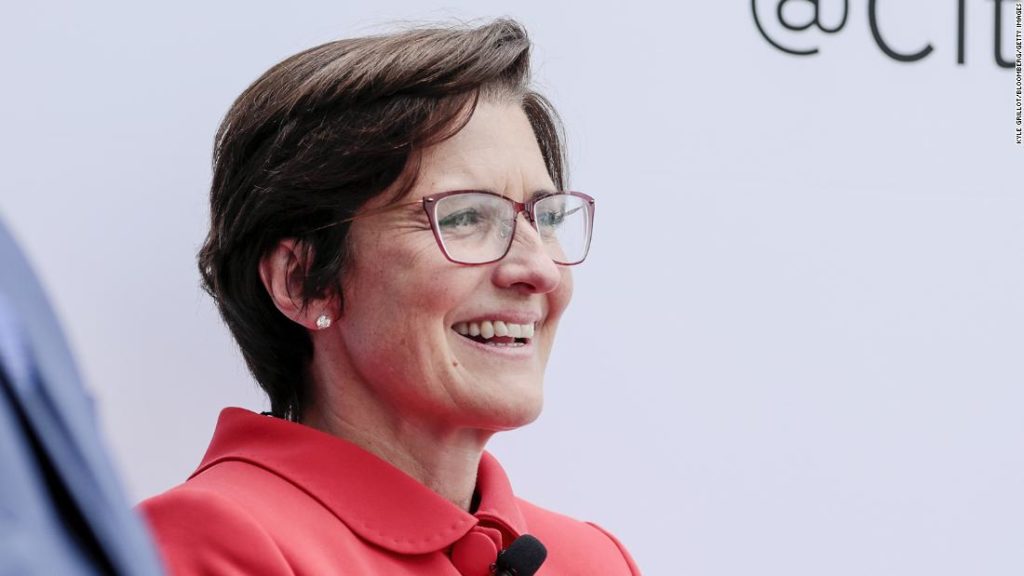“The blurring of lines between home and work and the relentlessness of the pandemic workday have taken a toll on our well-being,” Citi CEO Jane Fraser wrote in a Monday memo to all employees obtained by CNN Business. “It’s simply not sustainable.”
“After listening to colleagues around the world,” Fraser wrote, “it became apparent we need to combat the ‘Zoom fatigue’ that many of us feel, so I overcame my initial resistance to this idea.”
In addition to Zoom-Free Fridays, Fraser asked employees to try to limit scheduling calls outside of what had been traditional working hours pre-pandemic and on weekends.
“When our work regularly spills over into nights, very early mornings and weekends, it can prevent us from recharging fully, and that isn’t good for you nor, ultimately, for Citi,” she wrote.
Wall Street bank promises free Pelotons, iPads
The moves by Citi show how Wall Street firms are responding to the mental health pressure facing employees. Booming markets and seismic changes in the economy have created ample business — and stress — for investment banks during the pandemic.
“My body physically hurts all the time and mentally I’m in a really dark place,” one Goldman Sachs analyst wrote in the survey of first-year analysts.
“Clients are active, and volumes in a lot of our businesses are at historic highs,” Solomon said. “Of course, the combination of the pandemic and all this activity put stress and strain on everyone at Goldman Sachs.”
Meanwhile, Jefferies is sending gifts to its analysts and associates around the world as a token of appreciation, according to a March 18 memo sent to staff. The bank is offering these employees the choice of a Peloton bike with a one-year subscription, a Mirror workout system or an Apple package that includes the Apple Watch SE, iPad Air and AirPods Pro.
The work-from-home debate
At Citi, Fraser did not explicitly detail a reopening date, but said: “Any kind of new normal is still a few months away for many of us.”
Like other big banks, Citi, which has nearly 67,000 employees in North America, is indicating a preference for in-office work after a year of being mostly remote.
“For many of our roles, we strongly believe there are several material advantages to being physically together,” Fraser said.
She argued that working together in-person can drive a sense of pride, promote collaboration, aid apprenticeship and break down silos.
“These attributes are a big driver of why you will be expected in the office or on site,” Fraser said.
The Citi CEO said most roles around the globe will be classified as hybrid, meaning they will work in the office at least three days a week and from home no more than twice a week.
Some jobs, including branch employees or data center workers, will be required to work on site. Fraser said it will be “somewhat rare” to have new roles that will be fully remote.
You may also like
-
Afghanistan: Civilian casualties hit record high amid US withdrawal, UN says
-
How Taiwan is trying to defend against a cyber ‘World War III’
-
Pandemic travel news this week: Quarantine escapes and airplane disguises
-
Why would anyone trust Brexit Britain again?
-
Black fungus: A second crisis is killing survivors of India’s worst Covid wave

